A tale of passports, profiteers and escaping Nazi persecution
An exhibit in Basel is shining light on a little-known moment during the Second World War when an underground network in Switzerland secured Latin American passports for European Jews trying to escape persecution.
After Adolf Hitler came to power in Germany, thousands of Jews fled abroad, with many heading to the United States, Palestine and Latin America. Starting in 1938, as most countries were closing their borders to Jewish refugees, it became critical for those still seeking an escape to secure certain passports and visas.
The exhibit ‘Passports, profiteers, police: A Swiss war secret’ is taking place at the Jewish Museum of SwitzerlandExternal link in Basel, in collaboration with the Contemporary History Archives ServiceExternal link of the federal technology institute ETH Zurich.
“When the Nazi persecution began in Germany in 1938, my office was literally flooded by Jews who hoped to save their loved ones by getting a visa for the Republic of Paraguay,” Rudolf Hügli, a notary in Bern and honorary consul for Paraguay in Switzerland, revealed some years later.
Rescue network
In several Swiss towns, rescue networks sprang up with the goal of obtaining Latin American passports for Jews stuck in Nazi-occupied territories. This effort, which had the blessing of the embassy in Switzerland of the Polish government-in-exile, was initially spontaneous and sporadic.
Then in 1942, a former Polish parliamentarian and delegate of the World Jewish Congress in Geneva took over coordination of the effort. Abraham Silberschein’s involvement allowed the initiative to grow.
Thanks to the support of private donors and the collaboration of Jewish charities, the network was able to collect several millions of francs, which could then be used to pay the consulates that were providing the forged travel documents.
Helping, for a fee
The passports, in other words, were not given for free. For example, Hügli, who helped to issue hundreds of passports, charged CHF500 per document. Other diplomats demanded between CHF1,000-2,000, although one lawyer in Zurich charged as much as CHF600,000 for his services.
The Jews who managed to secure one of these passports were able to gain some protection, since they could pass themselves off as citizens of a neutral Latin American state. Many of them were transferred by the Germans to internment camps – primarily in Vittel, France, and Bergen-Bergen, Germany – thereby escaping extermination, at least temporarily.
But several among those interned at Vittel were deported later to death camps, after Paraguay annulled the illicitly-obtained passports.
Forgotten history
By 1943, the Swiss police had dismantled the rescue network. Authorities confiscated all documents and photos and arrested its most active members. But they stopped short of pressing charges, perhaps fearing the reaction of the Germans.
Despite the presence of documents in the archives, the episode has not been examined fully, according to Naomi Lubrich, director of the Jewish Museum in Basel. Her hope is that “the exhibit, which showcases a number of documents to the public for the first time, will encourage historians to take a deeper look” at this otherwise forgotten moment in history.
The role of Polish diplomats in Bern
A new study by the Pilecki InstituteExternal link in Warsaw reveals that, during the Second World War, Polish diplomatic representatives based in Bern tried to save between 8,000-10,000 Jews by securing Latin American passports for them. The study will be published in English in February.
According to the researchers’ two-year analysis, between 25% and 45% of Jews who had obtained forged passports from states such as Paraguay, Honduras, Haiti and Peru, survived the Holocaust. Most of them came from Poland, The Netherlands and Germany.
The rescue effort from Switzerland had the support of the Polish government-in-exile, which was based in London. It put pressure on Latin American countries to recognize the false documents on humanitarian grounds.
Translated from French by Geraldine Wong Sak Hoi
Translated from the French by Geraldine Wong
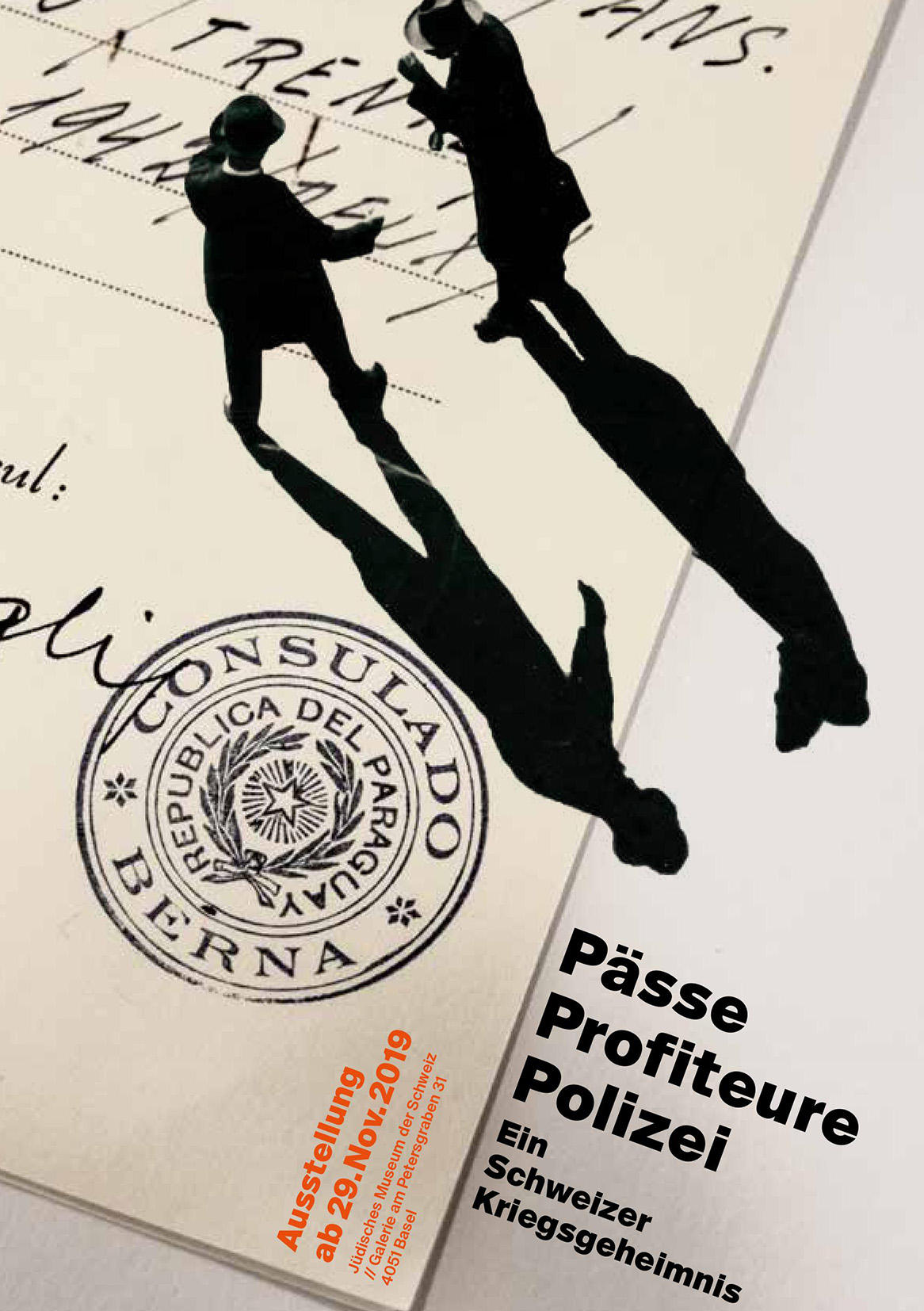
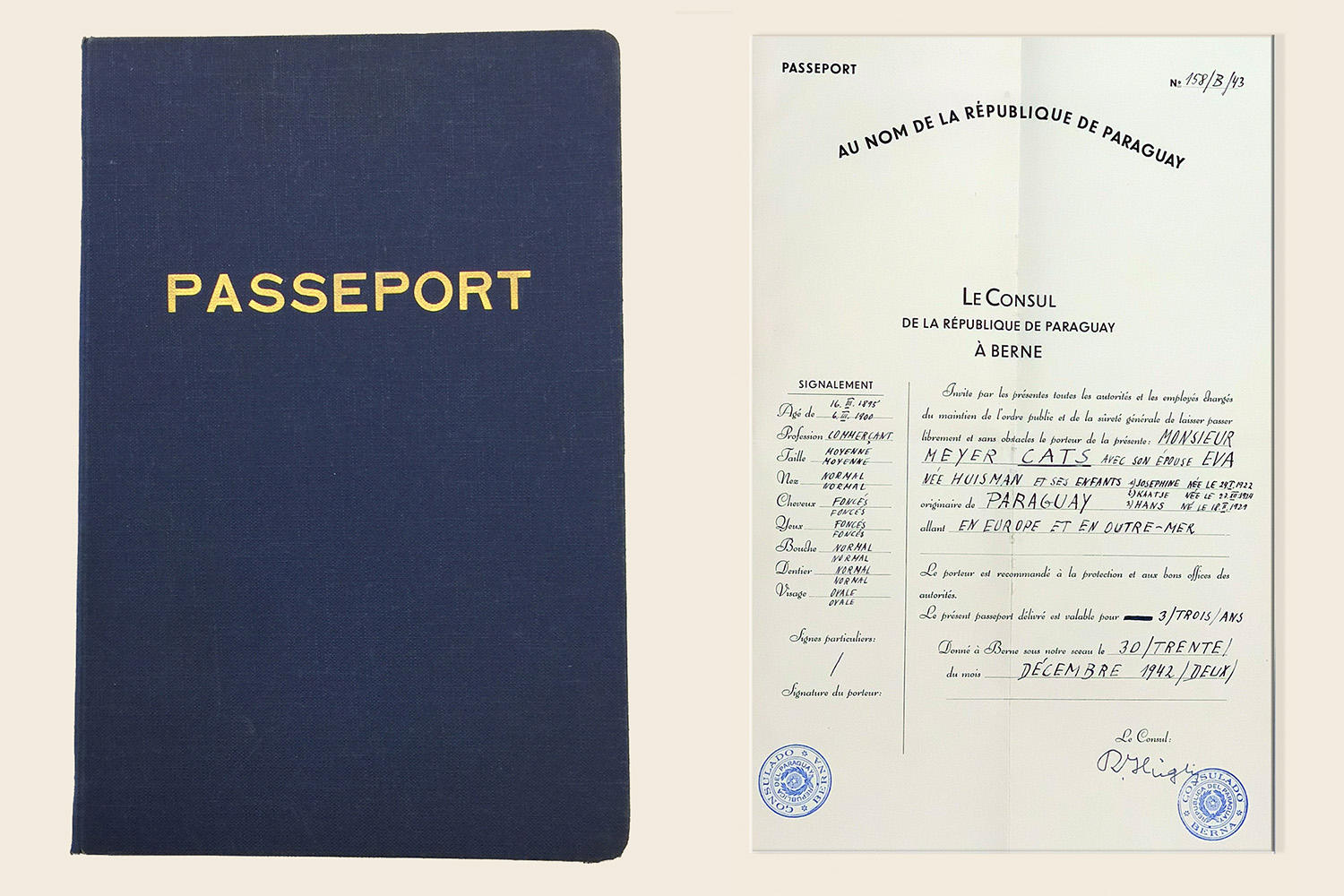
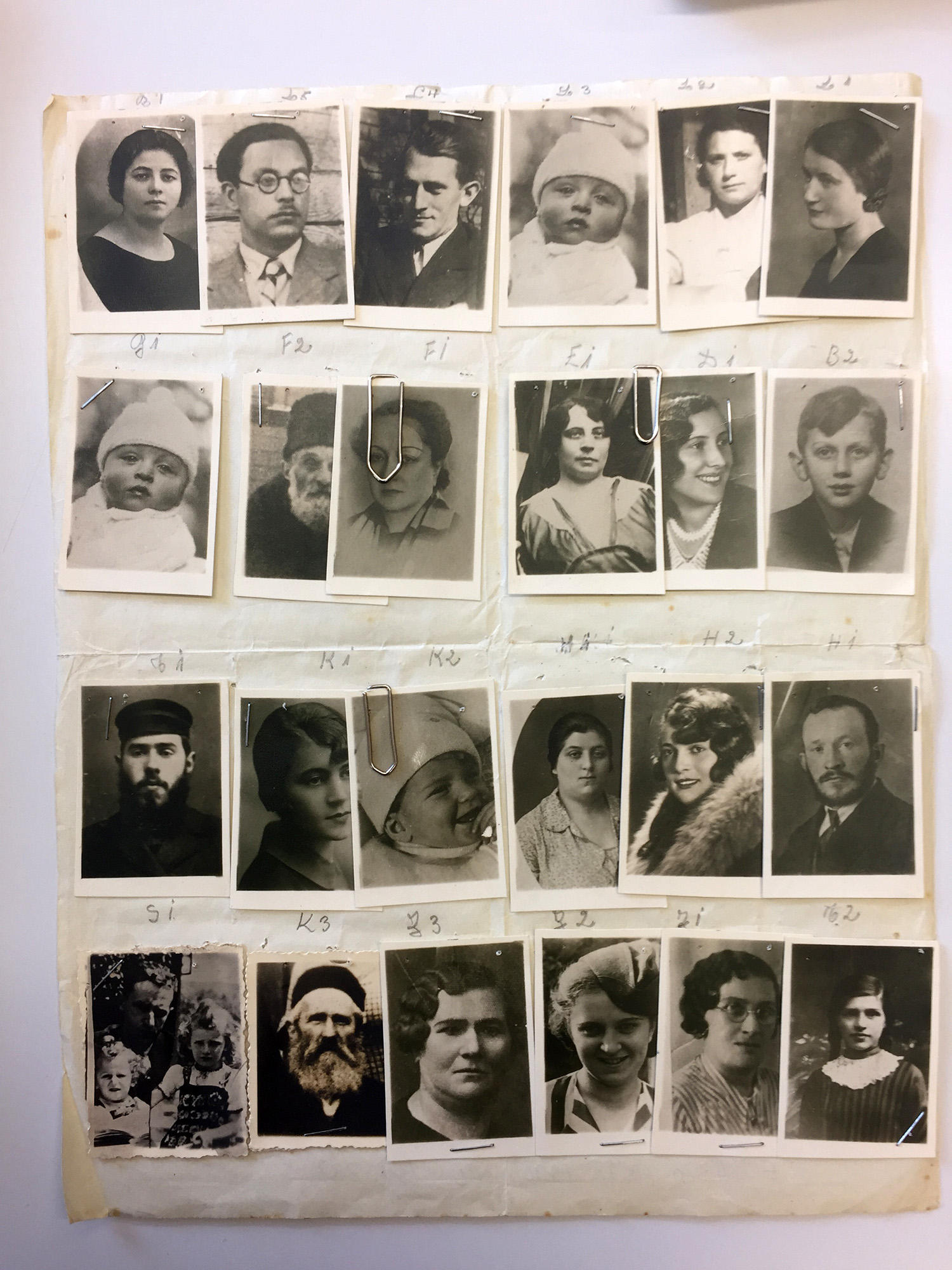
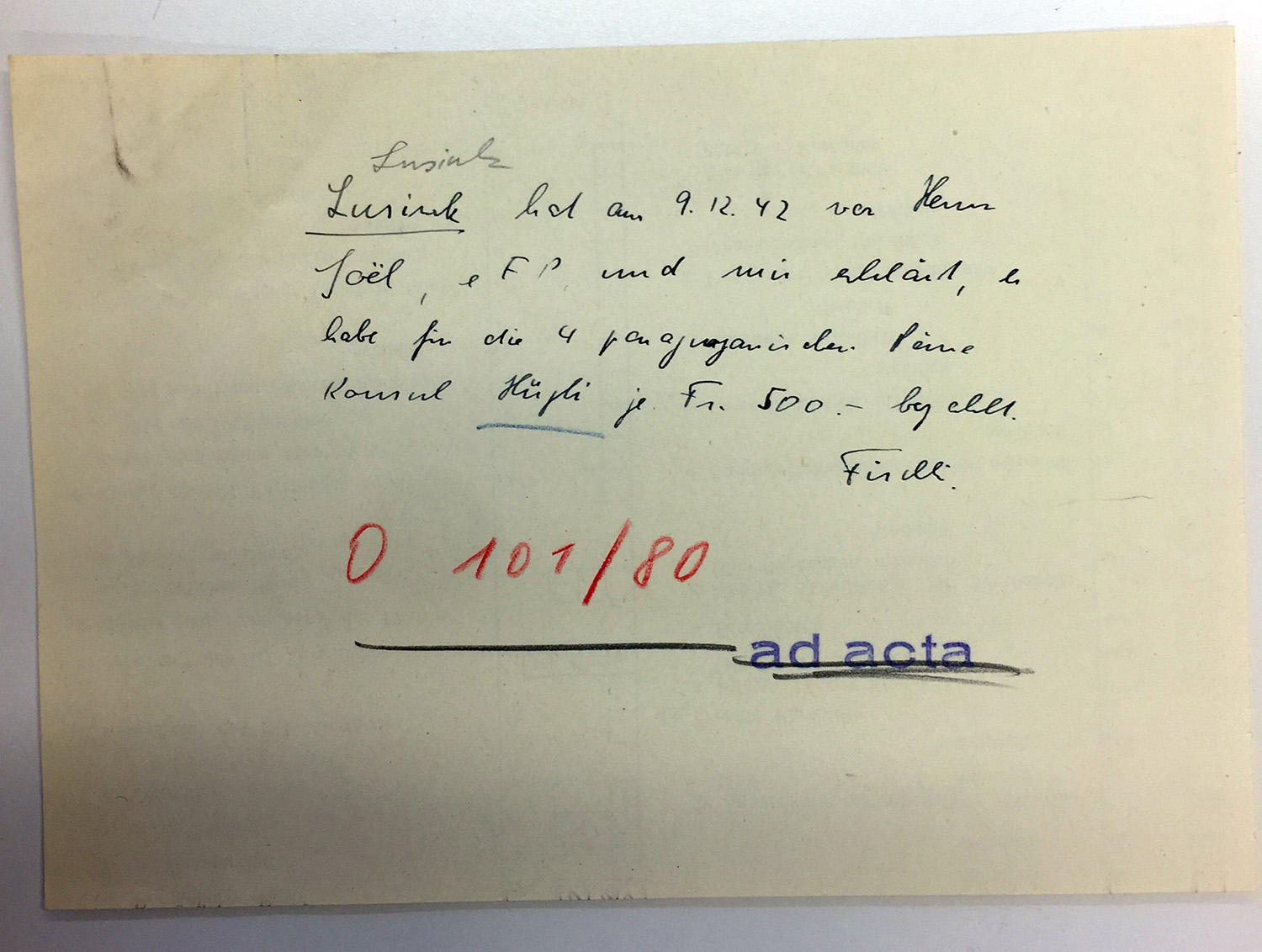
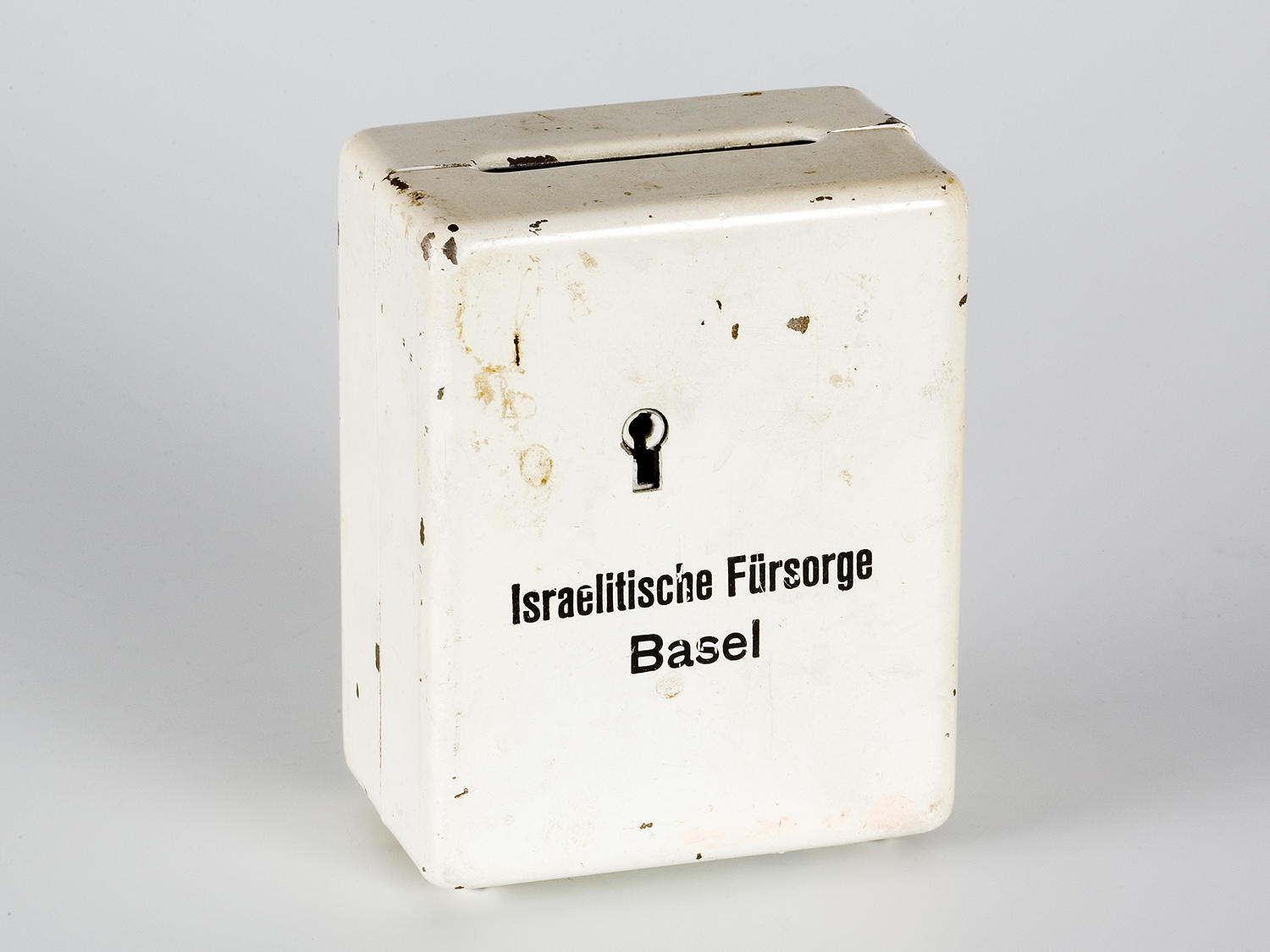
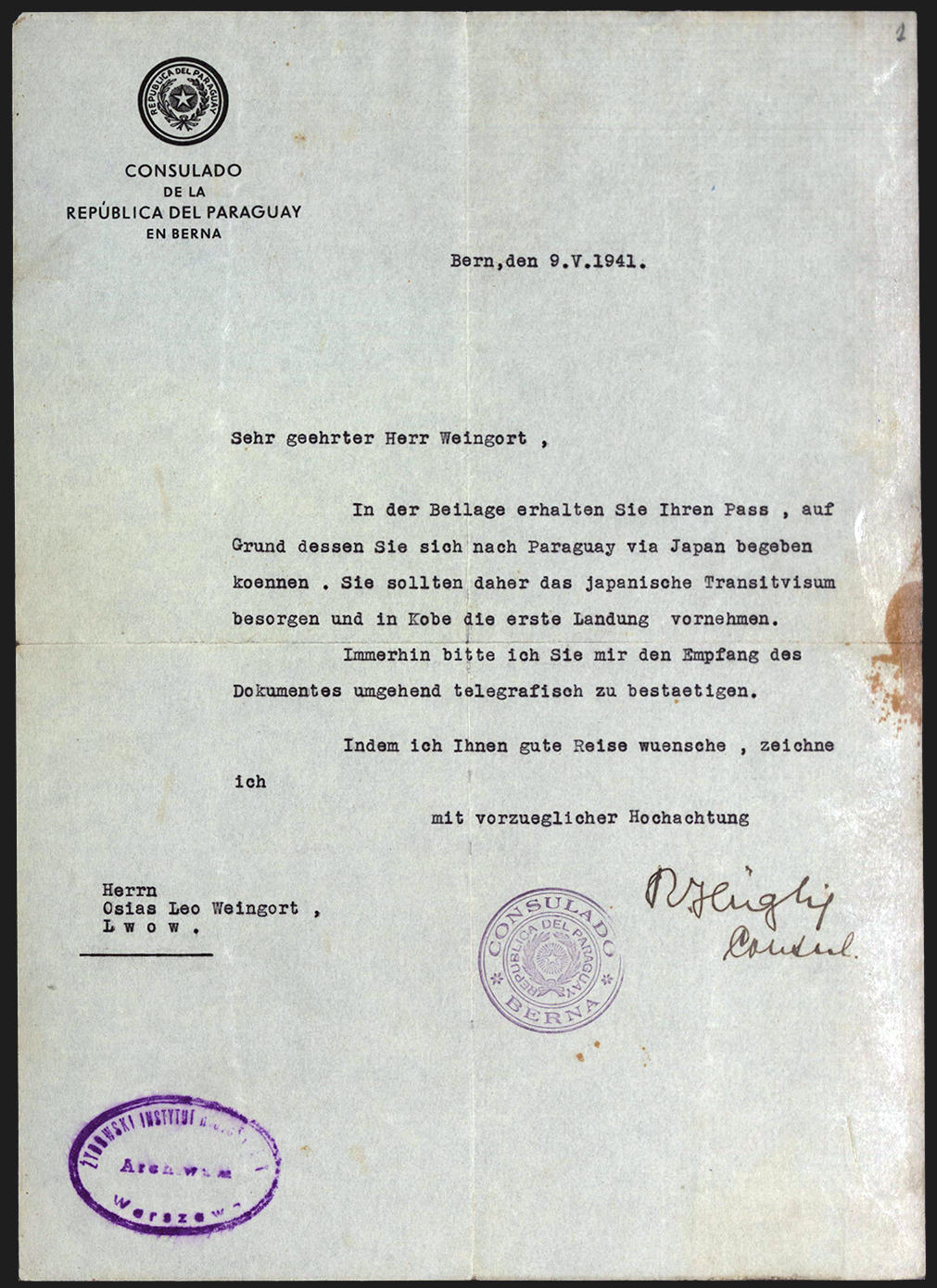
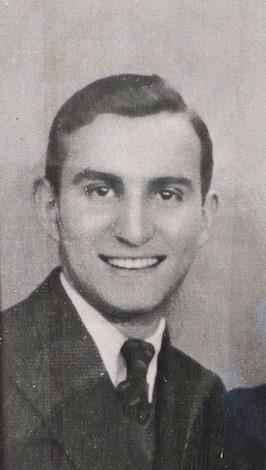
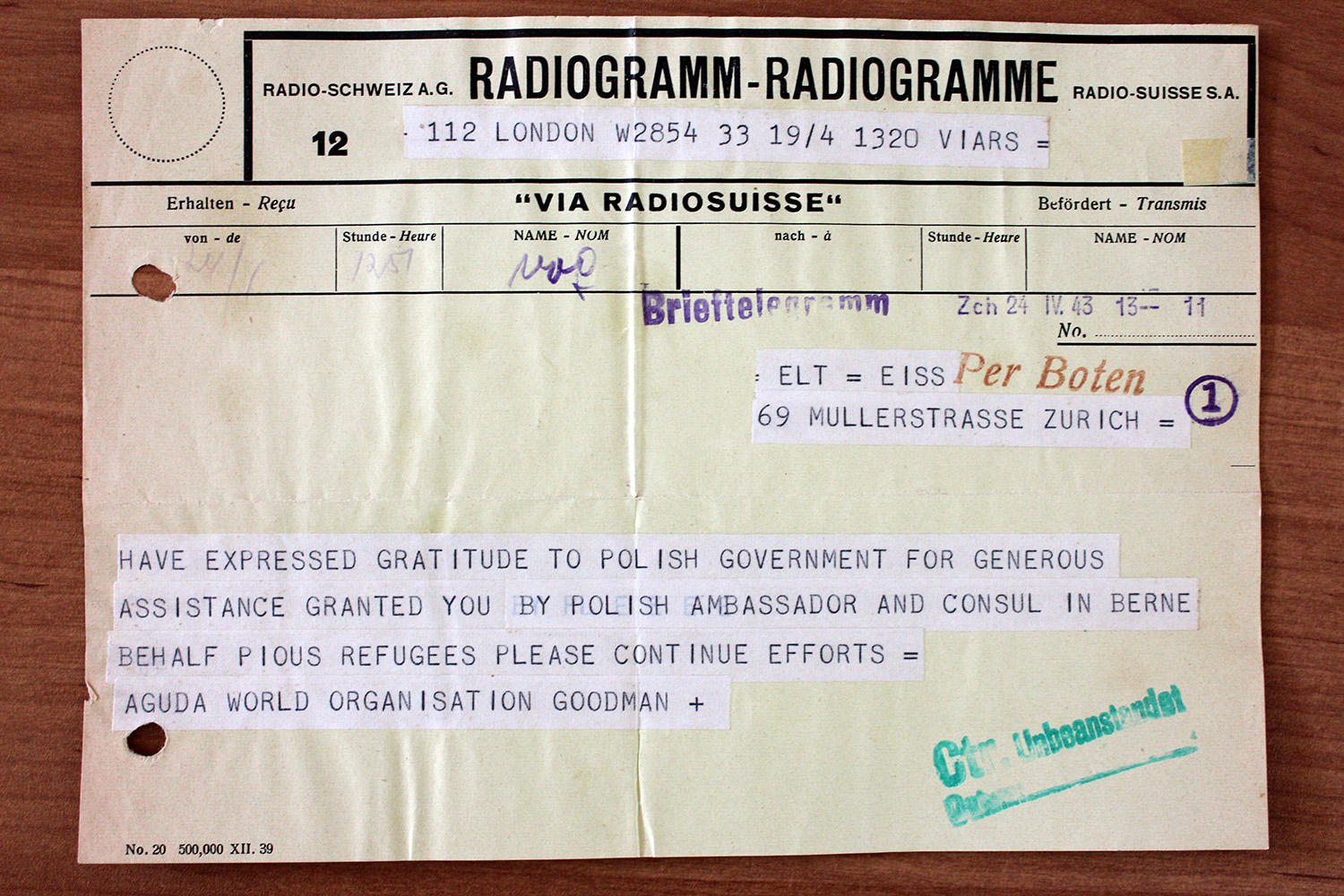
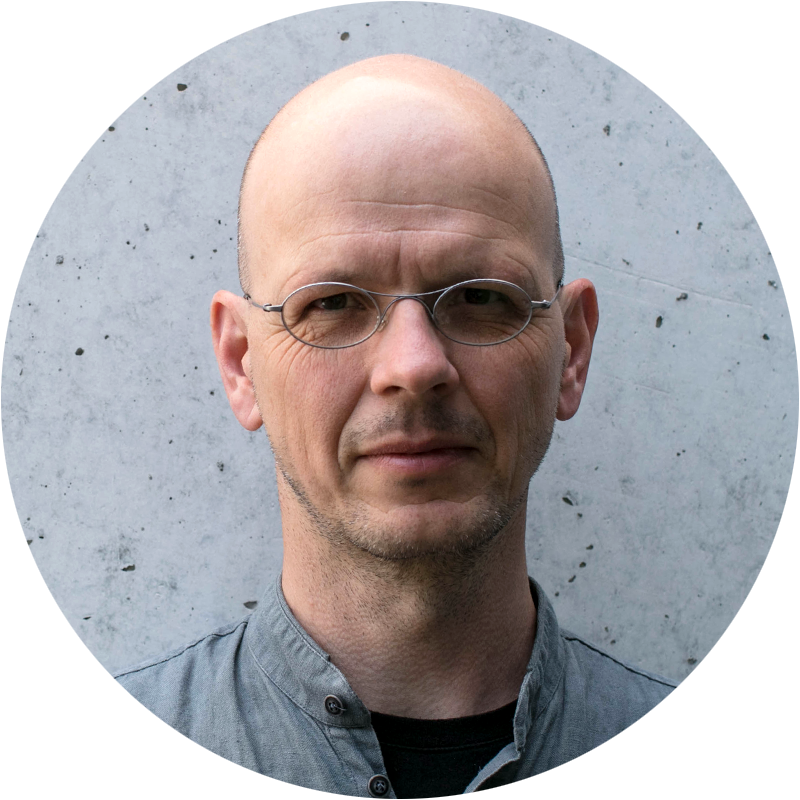
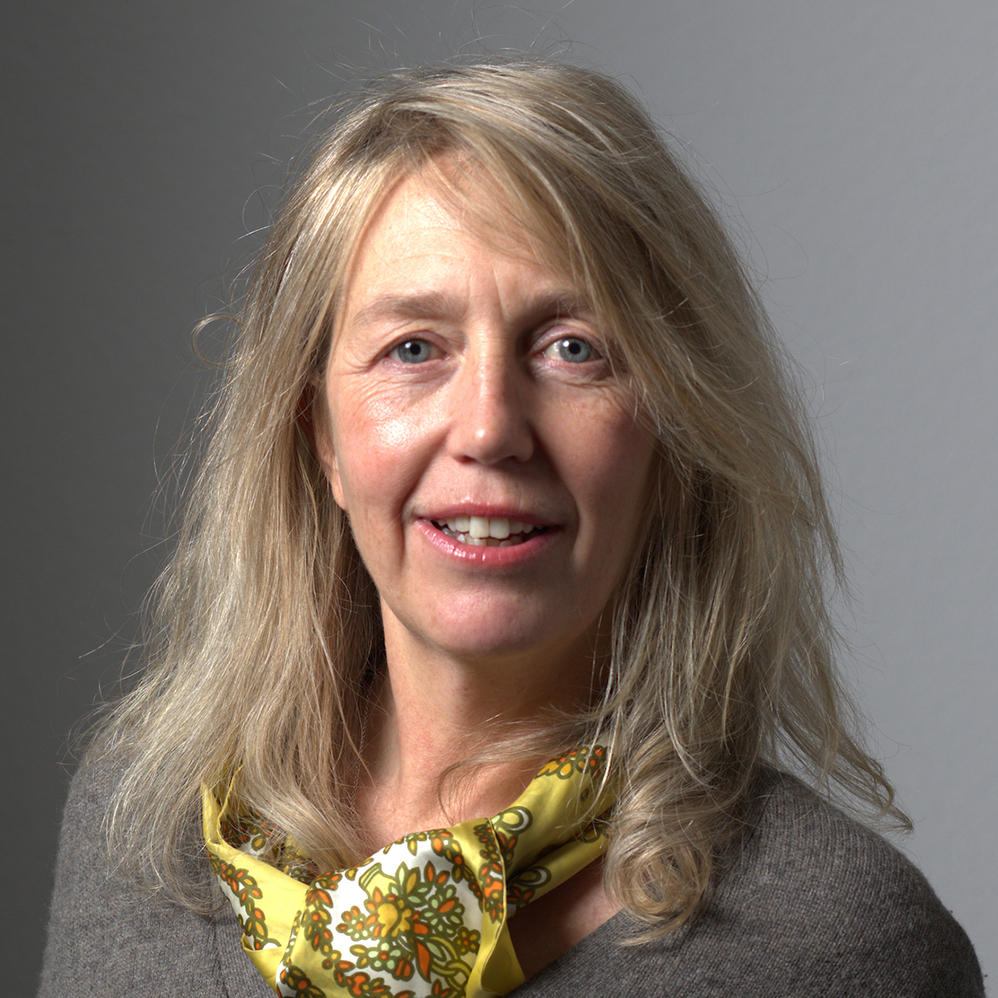

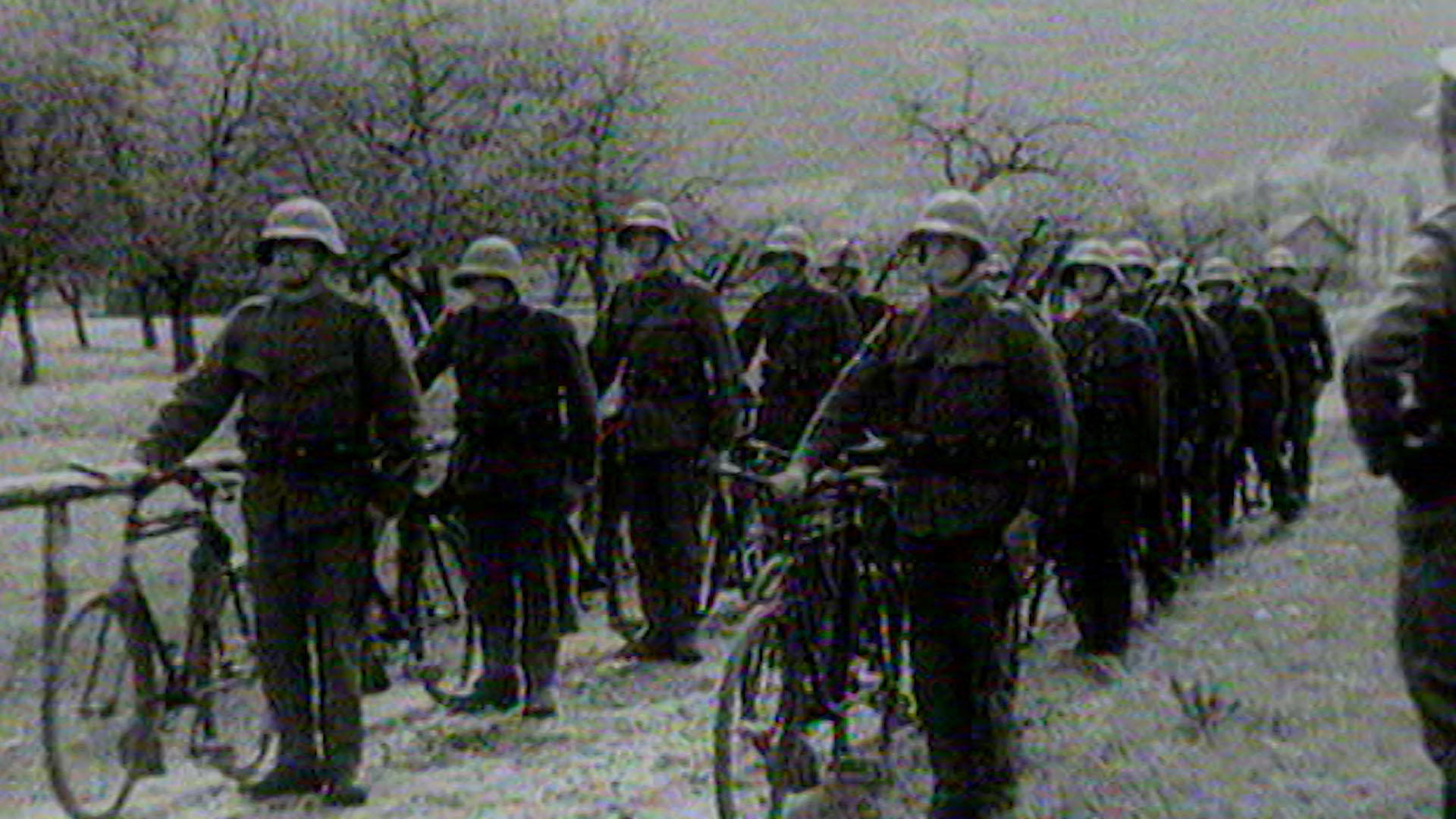
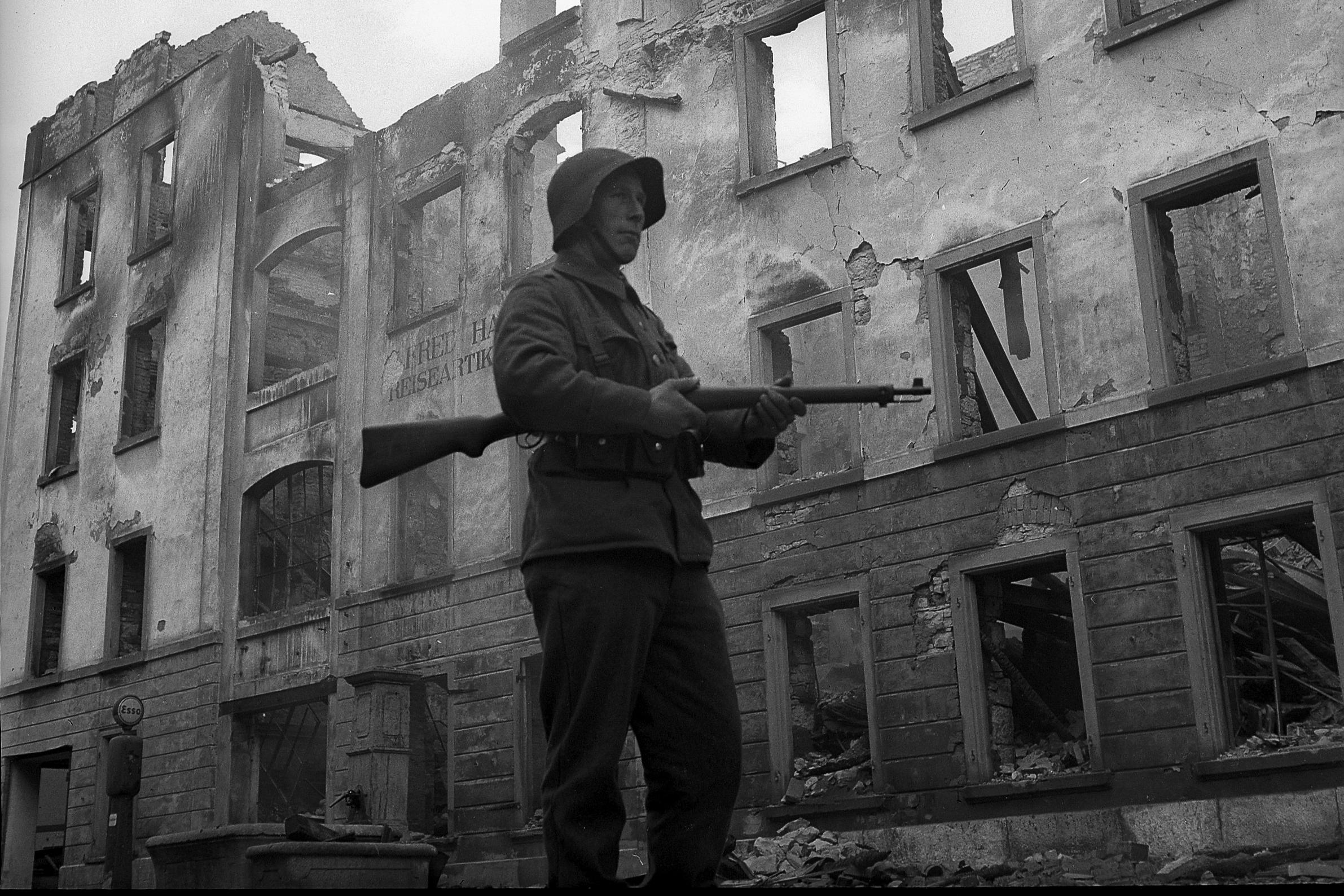
You can find an overview of ongoing debates with our journalists here. Please join us!
If you want to start a conversation about a topic raised in this article or want to report factual errors, email us at english@swissinfo.ch.